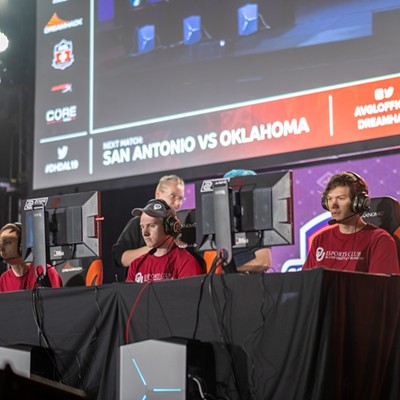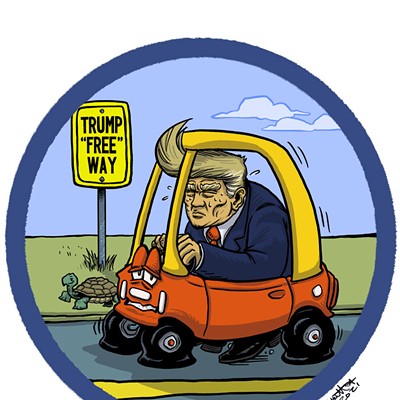Whenever I look at Mick Cornett, I see Bill Hartsfield.
Any Oklahoman who ever flew on Delta knows Bill Hartsfield. The airport in Atlanta exists because of Hartsfield, who as a councilman aggressively promoted aviation. As mayor, he was first and foremost a booster of innovations and of Atlanta business. When Atlanta confronted critical challenges of desegregation, Hartsfield found ways to integrate public accommodations, hire black police officers and open the housing market to black buyers.
He made Atlanta into The City Too Busy to Hate, with the help of Coca-Cola, Delta Airlines and Rich’s Department Store. The consequence was a world-class city with diverse athletic, cultural and social opportunities. Atlanta was run by its chamber of commerce, and the relationship worked.
They named the airport after Hartsfield. They could have named the whole city after him.
Mick Cornett is the latest in a succession of Oklahoma City mayors chasing a similar vision. What makes this possible is the cooperation between Cornett and large and small business leaders. But, there will be challenges, too.
Progressives cringe over the notion of chamber-driven agendas, viewed to benefit only business. But in Oklahoma City, progressives have to make peace with the chamber of commerce, because they share one common vision: modernism.
A decade ago, several successful business leaders created a critical mass of corporate leadership in Oklahoma City. They want a modern city where modern persons want to live. And while the business sector did not initially support Mick Cornett’s bid to become mayor, the mayor and the business elite found common cause in promoting the concept of Oklahoma City.
This relationship has doubtlessly changed Mick Cornett. A Republican, he has readily endorsed and promoted the use of local taxation to advance public goods. His initial skepticism about the role of an active gay community in developing a world-class city has fallen away.
Mick Cornett is a leading Republican mayor, but he is also a leading modern mayor. His visible evolution on sexual politics is one example. Modernism and taxes are also why he will never win an election outside Oklahoma City.
Mick Cornett’s modernism will be tested. He enjoyed easy re-election in 2010, expending no effort, but losing political capital over the MAPS 3 vote. His opposition is mainly located in the south side of Oklahoma City. These neighborhoods didn’t back MAPS 3, but did vote for tea party-oriented candidates for the Legislature. This part of the city confronts a large, predominantly noncitizen Latino population. It is antiimmigrant, anti-modern, anti-gay, and it is resolving to become anti-Cornett.
It is from within this electorate and its legislators that a greater challenge looms: Oklahoma City and its progressive, modern mayor are headed in a direction that will be in direct conflict with a core of conservative lawmakers and a state government that is engaged in one form of fiscal policy: cutting. Cornett’s Oklahoma City and Oklahoma’s social and economic conservatism are on a collision course.
How he handles the challenges of modernizing a city in a rustic state will determine Cornett’s legacy.
Then, we can decide what to name after him.
Gaddie is a professor of political science at the University of Oklahoma and general editor of Social Science Quarterly.












